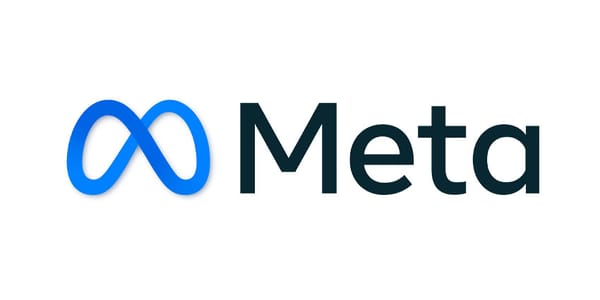Decentralization: Empowering Individuals, Transforming Industries
decentralization, decentralized systems, blockchain, cryptocurrency, Web3, data privacy, security, autonomy

Decentralization is a concept that shifts power and control away from centralized entities, such as governments or corporations, and distributes it among a network of individuals or computers. This distributed structure promotes autonomy, security, and resilience.
How Does Decentralization Work?
Decentralized systems operate on a peer-to-peer network, where each participant has equal rights and responsibilities. There is no single point of failure, and the system continues to function even if some nodes are compromised.
The Rise of Decentralized Technologies
- Blockchain: This underlying technology of cryptocurrencies is a distributed ledger that records transactions across multiple computers. It ensures transparency, security, and immutability.
- Cryptocurrency: Digital currencies like Bitcoin and Ethereum operate on decentralized networks, allowing for peer-to-peer transactions without intermediaries.
- Web3: This emerging concept envisions a decentralized internet where users have control over their data and digital identity.
Benefits of Decentralization
- Enhanced Security: Decentralized systems are inherently more secure as there is no central point of attack.
- Increased Privacy: By eliminating intermediaries, individuals have greater control over their personal data.
- Improved Efficiency: Decentralized processes can be faster and more cost-effective.
- Greater Transparency: Decentralized systems operate on open and verifiable records.
- Resilience: The network's distributed nature makes it resistant to censorship and disruptions.
Decentralization in Action
Decentralization is transforming various industries:
- Finance: Decentralized finance (DeFi) platforms offer alternatives to traditional banking systems, providing access to financial services for the unbanked.
- Gaming: Play-to-earn games reward players with ownership of in-game assets, creating new economic opportunities.
- Supply Chain: Blockchain-based supply chain management ensures product traceability and authenticity.
- Energy: Decentralized energy grids enable peer-to-peer energy trading and increased grid resilience.
Challenges and Considerations
While decentralization offers numerous advantages, it also presents challenges:
- Scalability: Some decentralized systems struggle to handle large-scale operations.
- Complexity: Implementing and maintaining decentralized systems can be technically demanding.
- Regulatory Uncertainty: The legal framework for decentralized technologies is still evolving.
The Future of Decentralization
Decentralization is a powerful force reshaping the world. As technology continues to advance, we can expect to see even more innovative applications of decentralized systems emerge.




